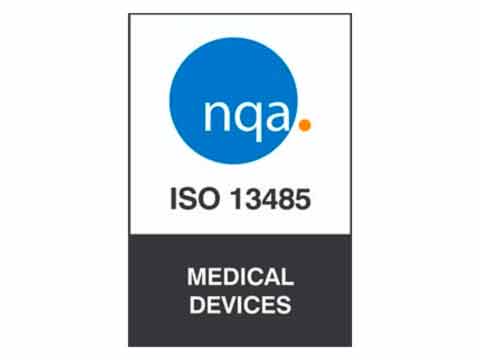In the dynamic landscape of healthcare, the transition from traditional paper-based records to digital formats has brought about revolutionary changes. A question that often perplexes individuals within and beyond the healthcare sector is, “What is the Difference Between EHR and EMR?” While they sound similar and are often used interchangeably, they serve distinct purposes and have significant differences in terms of scope, functionality, and interoperability.
In this blog, we will delve into the intricacies of EMRs and EHRs, unraveling their unique features and shedding light on their pivotal role in the healthcare ecosystem.
What is an Electronic Medical Record (EMR)?
An Electronic Medical Record, commonly known as an EMR, is a digital manifestation of an individual’s paper chart or medical record. It encapsulates the information gathered and maintained by a single healthcare provider. This digital repository typically includes patient data, diagnoses, and treatment details. However, it is crucial to note that EMRs essentially replicate the paper records of a specific care provider, lacking the seamless connectivity that characterizes Electronic Health Records.
What Is an Electronic Health Record (EHR)?
On the other hand, an Electronic Health Record, or EHR, is a comprehensive electronic archive of a patient’s medical history. Unlike EMRs, EHRs go beyond the confines of a single care provider and are shared among multiple healthcare entities. This extensive compilation comprises demographic information, medications, allergies, immunizations, lab results, radiology reports, visits, as well as billing and insurance details. EHRs are designed to be interoperable, facilitating the exchange of crucial health data among various systems, ensuring a unified and comprehensive view of a patient’s health.
What is the Difference Between EHR and EMR?
- Major Differences Between EMRs and EHRs
The primary divergence between EMRs and EHRs lies in their scope and maintainers. EMRs are the electronic counterparts of a single provider’s paper records, focusing on information pertinent to that specific entity. Conversely, EHRs transcend these limitations by amalgamating data from multiple providers, ensuring a holistic representation of a patient’s medical history.
Interoperability stands out as another critical distinction. EHRs are intentionally designed to be interoperable, meaning different systems can seamlessly share and utilize data. This interconnectedness is vital, especially when patients seek care from various providers. EHRs empower healthcare professionals with access to a patient’s complete medical history, fostering informed decision-making across specialists, labs, imaging centers, emergency rooms, and pharmacies on both local and national scales.
- Major Benefits of EMRs and EHRs
While the distinctions between EMRs and EHRs are apparent, both contribute significantly to the efficiency and quality of healthcare delivery.
EMRs aid providers in maintaining a consolidated record of a patient’s medical history within a specific network of clinics. This proves invaluable when patients traverse different providers under the same umbrella, enhancing the quality of care they receive. Even in smaller practices, where patient volumes may be modest, EMRs streamline information accessibility, ensuring swift and accurate diagnoses.
EHRs, by virtue of their interoperability and expansive data coverage, elevate the quality of care to new heights. The ability to access a patient’s complete medical history empowers providers to make well-informed decisions, minimizing the time spent on searching for scattered records. This not only expedites the decision-making process but also mitigates the need for duplicate tests, optimizing resource utilization and reducing patient inconvenience.
In essence, both EMRs and EHRs act as indispensable tools in the healthcare industry, facilitating efficient communication, improving diagnostic accuracy, and ultimately enhancing patient outcomes.
We Transform Health Data Into Health Improvement
Now that we have explored ‘What is the Difference Between EHR and EMR?’ it is time to take the next step. Contact us today to discover how Estenda’s extensive experience in data, technology, and process optimization can be leveraged to achieve your goals. Whether you are embarking on new data initiatives or spearheading innovative projects, Estenda is your trusted partner. Call us at (484) 362-1200 and let us guide you on a journey where our expertise becomes the driving force behind transformative health outcomes.











